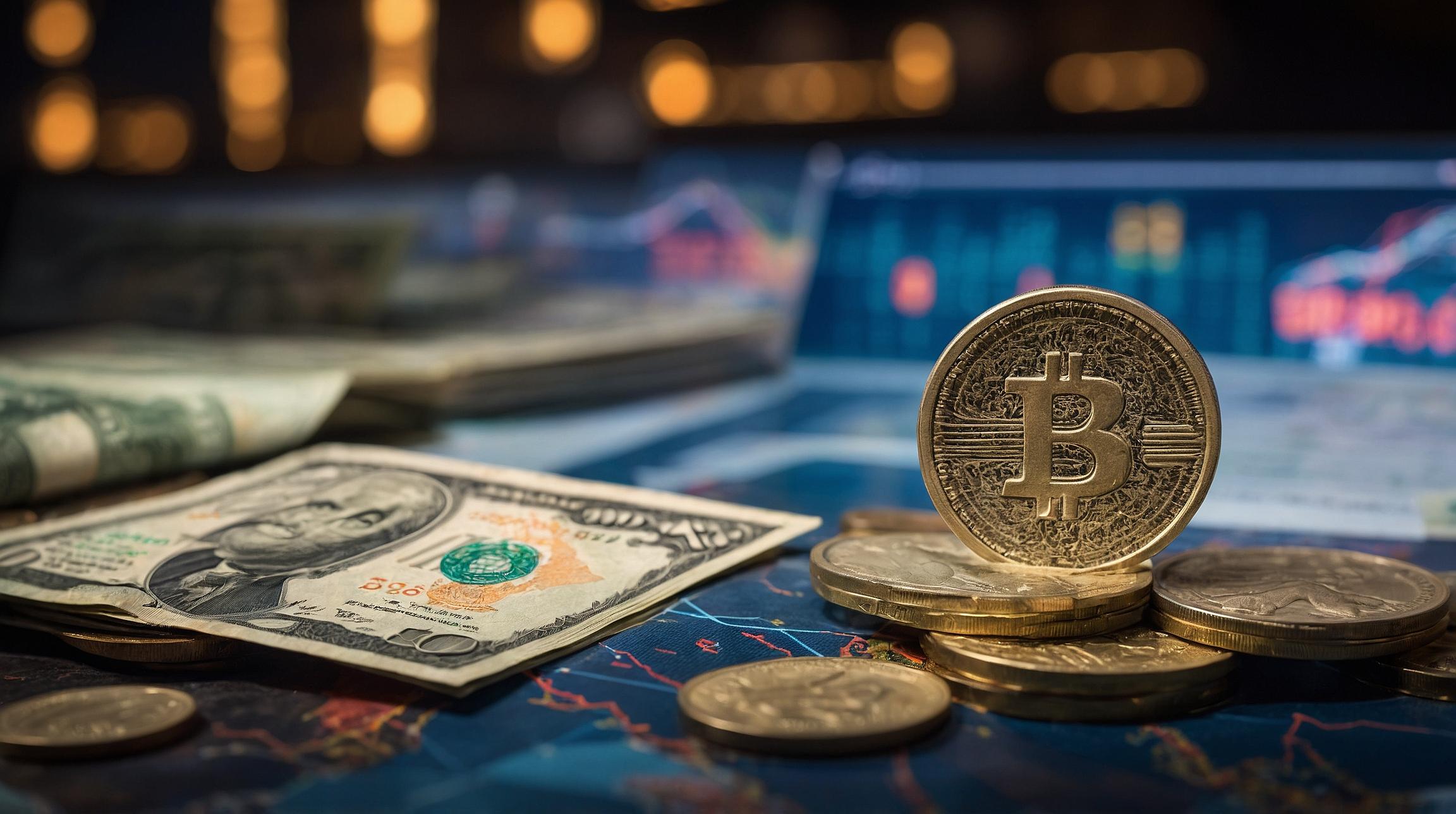George Carlin’s estate files lawsuit over unauthorized use of his work in AI comedy special
The estate of legendary comedian George Carlin has taken legal action against the creators of a comedy special that used generative artificial intelligence (AI) to mimic Carlin’s voice and humor. The lawsuit, filed in a California federal court, accuses the creators of utilizing Carlin’s entire body of work, spanning five decades, without consent or compensation. It also raises concerns about the unauthorized use of Carlin’s voice and likeness for promotional purposes. The estate is seeking an immediate removal of the special and unspecified damages. This case is significant as it marks one of the first legal actions by the estate of a deceased celebrity for unlicensed use of their work and likeness in an AI-generated creation.
Daughter of George Carlin vows to fight against unauthorized use of AI to mimic her father’s comedy
Kelly Carlin, author and producer and daughter of George Carlin, stated in an interview with The Hollywood Reporter that she and her father’s estate are determined to fight against the unauthorized use of AI to imitate her father’s comedy. She stressed the need to draw a line in the sand and highlighted the potential larger battle that lies ahead, with the entertainment industry at the center. The legal battle arises from the release of an hourlong special, titled George Carlin: I’m Glad I’m Dead, on YouTube. The special utilized an AI program called “Dudesy AI” to generate content in the style of hosts Will Sasso and Chad Kultgen. The complaint also mentions violations of right of publicity laws relating to the promotion of the special as an AI-generated Carlin installment.
Lawsuit accuses creators of unauthorized use of George Carlin’s copyrighted material
In the lawsuit, George Carlin’s estate claims that the special was created through the unauthorized use of Carlin’s copyrighted works. The AI program used to generate the content is alleged to have ingested Carlin’s original stand-up routines, thereby making unauthorized copies of the copyrighted works. A challenge in similar lawsuits has been to prove that the tools used by AI companies utilized copyrighted material without permission. The AI models lack transparency, making it difficult to provide definitive proof. However, the lawsuit accuses the creators of inputting thousands of hours of Carlin’s copyrighted content into the AI machine to imitate his voice and style.
Legal battle could impact use of AI to impersonate celebrities without consent
The legal battle between George Carlin’s estate and the creators of the comedy special raises significant concerns about the unauthorized use of AI to impersonate celebrities without their consent. Hollywood is increasingly sounding the alarm over the potential exploitation of AI technology in this manner. The lawsuit seeks to remove the special and obtain damages, highlighting the need for regulations to protect the rights and interests of artists and their estates. Currently, there are no federal laws specifically covering the use of AI to mimic someone’s likeness or voice, but a bipartisan coalition of House lawmakers has recently introduced a bill to address this issue.
Bill introduced to prohibit unauthorized use of AI-generated replicas
In response to the growing concerns regarding unauthorized use of AI-generated replicas, a bipartisan coalition of House lawmakers has introduced a bill called the No AI Fraud Act. The proposed legislation aims to protect individuals’ exclusive right to approve the use of their image, voice, and visual likeness by granting them intellectual property rights at the federal level. Unauthorized uses of such replicas would face severe penalties, and affected individuals or groups would have legal recourse. The bill is a response to lobbying efforts from the entertainment industry, which seeks legislation requiring individuals’ consent for the use of their voice and likeness.
Estate of George Carlin’s concern about the integrity of his comedic legacy
The estate of George Carlin has raised concerns about the impact of AI-generated content on the integrity of Carlin’s comedic legacy. The lawsuit argues that the AI-generated work misrepresents Carlin’s art and may deter younger audiences who are unfamiliar with the comedian from engaging with his real body of work. According to the complaint, the creators of the special sought to capitalize on Carlin’s name, reputation, and likeness for their own gains. The estate aims to protect Carlin’s work and ensure that it is presented in its true form, rather than being manipulated and programmed by others.
Analyst comment
Positive news: The House lawmakers introducing the No AI Fraud Act is a positive development that could help protect individuals’ rights and prevent unauthorized use of AI-generated replicas.
Negative news: The lawsuit filed by George Carlin’s estate highlights the unauthorized use of his work and likeness in an AI comedy special, which could negatively impact the integrity of his comedic legacy.
Neutral news: The lawsuit raises concerns about the unauthorized use of AI to mimic celebrities without their consent and the lack of federal laws specifically covering this issue. It also highlights the challenge of proving the unauthorized use of copyrighted material by AI companies.













